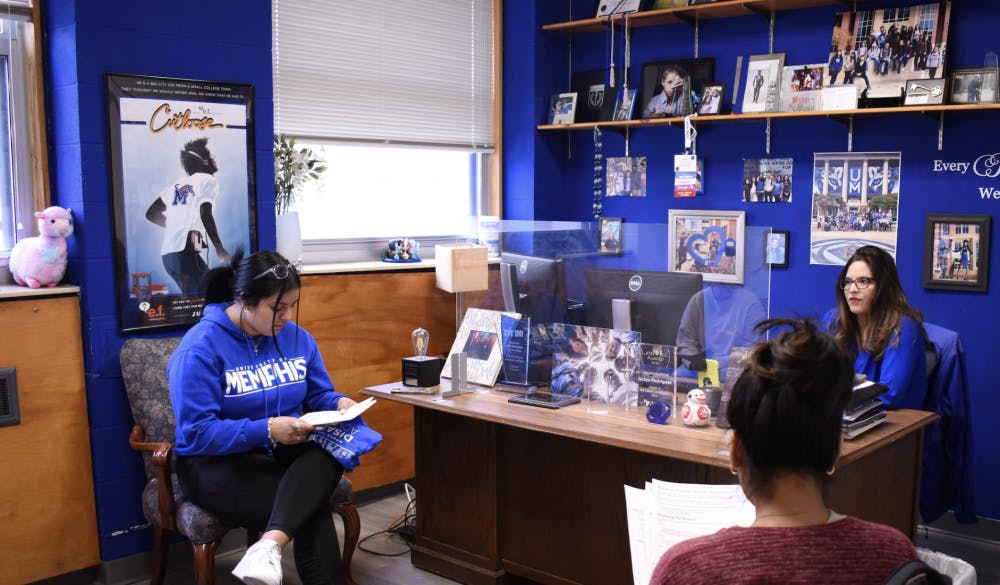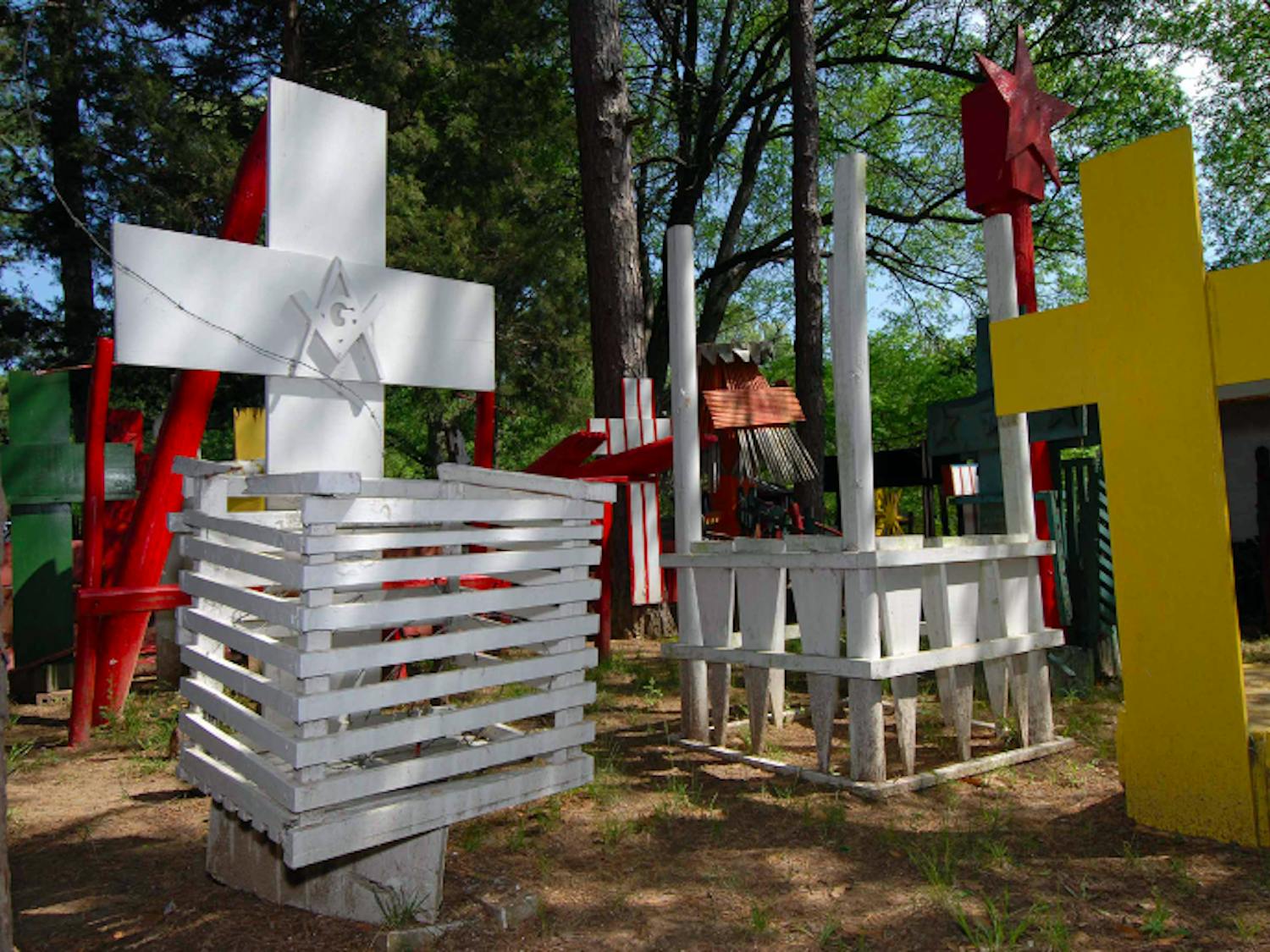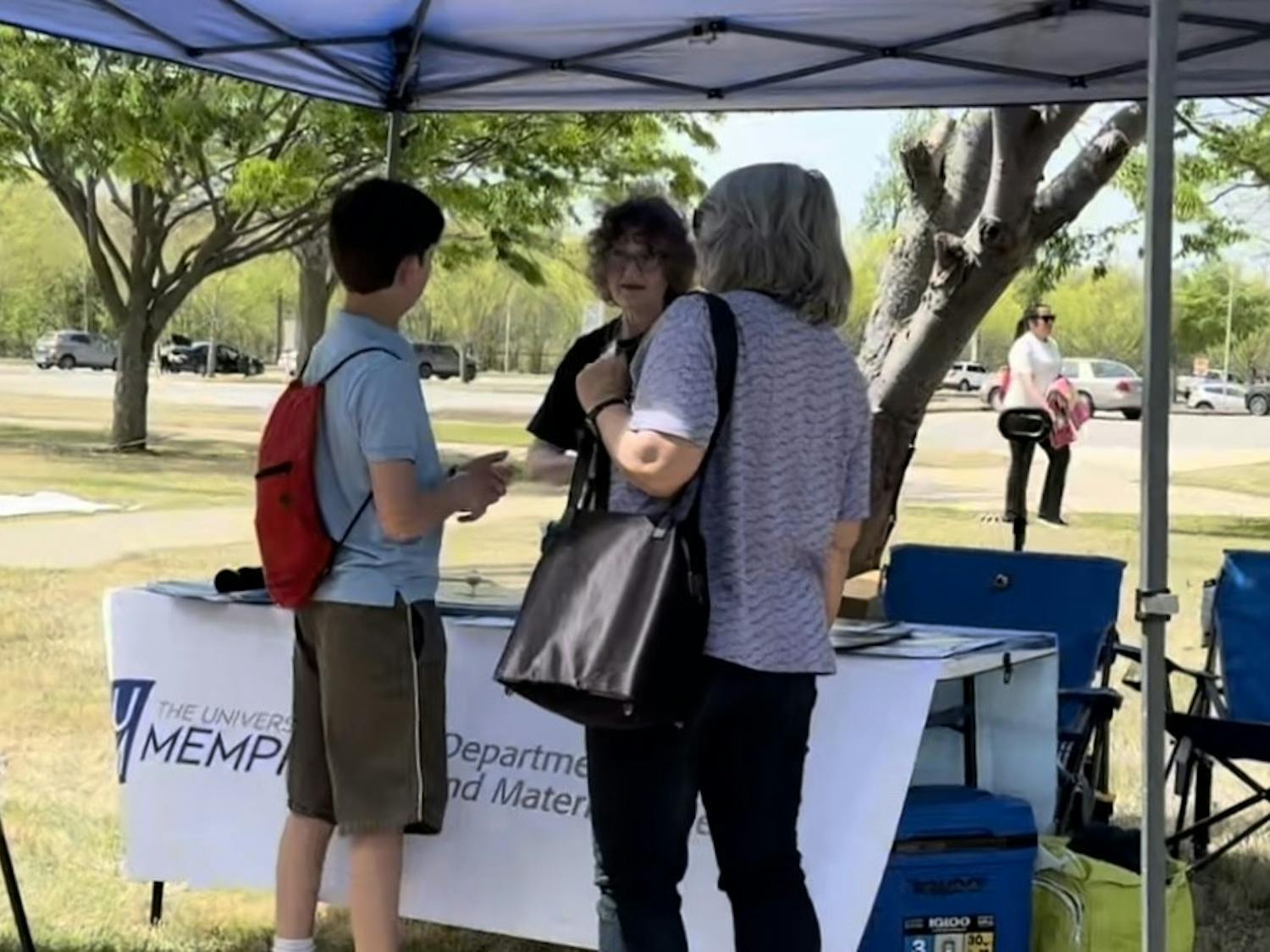First generation students may face unique challenges as they try to navigate the college landscape without help. However, there are programs put in place at the University of Memphis to ensure student success.
First generation students are those whose parents or guardians did not complete a degree at a four-year college. At the University of Memphis first-gens make up for one-third of the student body, which is about 7,500 students.
The Office of First Generation Student Success (OFGSS) connects first-gen students with financial and networking opportunities, along with mental health services, to inject the maximum amount of success in their collegiate life.
The OFGSS was created to expand on the principles of First Scholars, which is a four-year leadership and developmental program limited to incoming freshmen.
Fueled by her own experience as a first-gen student at the U of M, Jacki Rodriguez, director of the OFGSS, created a program that has the ability to cater to the needs of all first-gen students.
“Before we had the Office of First Generation Student Success we had First Scholars, we saw its success from our students' completion and retention rate, and we built on that,” said Jacki Rodriguez. “I created this program from the ground up as a model of holistic support, where we are encouraging and supporting students as a whole.”
Being a first-gen student often leaves students with a blank slate about college life – meaning they might not have access to a support system when things go sideways from your family – and, for many, that pressure can be too much.
“There’s so much expectation and first-gen students deal with it differently, because we don’t just carry our hopes and dreams. We carry the hopes and dreams of our entire family,” Rodriguez said.
With the weight of success and graduation from your family on your shoulders, it can be difficult for students to get through, and many feel like they have no one to talk through their issues with.
The OFGSS offers mentoring sessions from peers and staff members in order to give students a sense of comfort in their community.
After conducting a survey with her students, it was concluded that the most impactful part of the program is the one-on-one sessions. These sessions give students the space to vent, ask questions and be themselves.
According to Timothy Gillespie, peer-mentor and OFGSS program coordinator, the peer-mentors can have anywhere from one to eleven mentees per semester and their goal is to serve students and be a guide for them.
“We point them towards any resources whenever they confront obstacles. We also point them towards jobs, because with most first generation students, college isn’t their only priority. They have to provide for themselves,” Gillespie said.
Oftentimes, first-gens have more on their plate than their assignments, they also have financial obligations.
“I’ve worked two to three jobs during each school semester that I’ve been in college and that’s the case for most of our mentees as well,” Gillepsie said.
Similar to Gillepsie, Jacki Rodriguez also had to juggle a full-time school schedule while working two to three jobs at a time in order to afford her tuition.
According to the National Center for Education Statistics, 66% of first-generation students have jobs while being enrolled in college. Two of the largest challenges first-gen students face are financial responsibilities and the inability to feel as if they belong.
Rodriguez refers to this as “imposter syndrome” where students are unable to feel like they actually belong on campus.
However, through the program more students feel confident in themselves as a student at the U of M and, although it may be challenging, they know they always have someone to talk to.
“With me being an introvert, I was a bit skeptical about talking to anyone at first. However, now when I have tough days I feel comfortable talking to Jacki about them,” said Jordan Bailey, a First Scholar recipient. “She has a program where we get to meet one another and create a bond with everyone, it's like I have another family that I can always go to.
From their mentors to the mentees, students involved in the OFGSS program experience a community environment where they are surrounded by individuals with a similar background.
OFGSS plans to continue to press forward and expand the amount of opportunities for first generation students long into the future.
Two first-gen students sit in a meeting with Jacki Rodriguez. The Office of First Generation Student Success helps first-gen students navigate through college.




